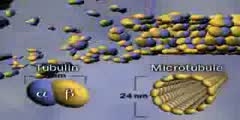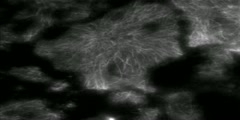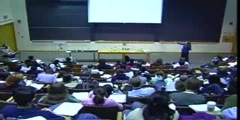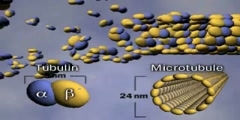Lec 7 - Flourishing and Attachment
"Lec 7 - Flourishing and Attachment"Philosophy and the Science of Human Nature (PHIL 181) The discussion of the disordered soul continues with a reflection on the Stanley Milgram's famous studies, in which participants were directed to perform harmful actions that ran counter to their reflective moral commitments. Interestingly, such demands were more likely followed when the commander was closer to the subject and the victim further away. What is it about proximity to others that has this effect on us? Professor Gendler goes on to discuss the relationship between social attachment and human flourishing, reviewing Harlow's wire mother/cloth mother experiments on non-human primates, studies of attachment styles in infants, and cross-cultural research demonstrating the importance of social relationships for flourishing and health. 00:00 - Chapter 1. The Milgram Studies 10:54 - Chapter 2. Personal Interaction and Moral Behavior 18:26 - Chapter 3. Attachment in Infants and Non-Human Primates 28:53 - Chapter 4. Importance of Social Interaction in Human Flourishing 34:33 - Chapter 5. Questions Complete course materials are available at the Open Yale Courses website: http://oyc.yale.edu This course was recorded in Spring 2011.
Video is embedded from external source so embedding is not available.
Video is embedded from external source so download is not available.
Channels: Philosophy
Tags: Lec 7 - Flourishing and Attachment
Uploaded by: yalehumannature ( Send Message ) on 14-09-2012.
Duration: 37m 46s
Here is the next lecture for this course
Lec 13 - Gingival and Bone Grafting for N ...
13:51 | 2694 viewsLec 8 - Flourishing and Detachment
43:29 | 2293 viewsMicrarray movie
00:30 | 12720 viewsMicrotubules
00:20 | 23042 viewsGrowth of microtubules
00:10 | 12520 viewsRecombinant DNA Lecture 1
50:11 | 30226 viewsChemical Science -Transition Metals - Lec ...
50:39 | 19271 viewsChromosome congression during cell division
00:52 | 14925 viewsMicrotubules Video
00:20 | 12520 viewsCSS Backgrounds Tutorial
06:47 | 2878 viewsLec 9 - The Mixed Regime and the Rule of ...
46:13 | 3107 viewsLec 20 - The Classical Feminist Tradition
52:24 | 3358 viewsLec 5 - Introduction to Robotics
01:06:36 | 2693 viewsLec 8 - Psychology M176: Families and Cou ...
51:55 | 2441 viewsLec 57 - Occlusal-Partial Denture Failure
05:54 | 3494 viewsNo content is added to this lecture.
This video is a part of a lecture series from of Yale
Lecture list for this course
Lec 1- Introduction to Philosophy and the Science of Human Nature
Lec 2 -The Ring of Gyges: Morality and Hypocrisy
Lec 5 - The Well-Ordered Soul: Happiness and Harmony
Lec 6 -The Disordered Soul: Thémis and PTSD
Lec 8 - Flourishing and Detachment
Lec 11 - Weakness of the Will and Procrastination
Lec 12 - Utilitarianism and its Critiques
Lec 15 - Empirically-informed Responses
Lec 16 - Philosophical Puzzles
Lec 19 - Contract & Commonwealth: Thomas Hobbes















